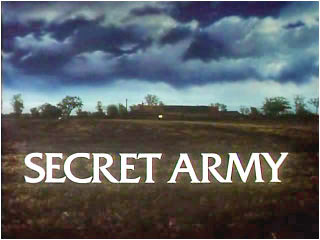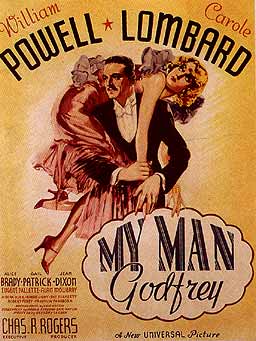If I was allowed just one word to sum up this movie it would be, “beautiful”. For it truly is. I caught it recently on TV (mercifully without those dangerously irritating commercial interruptions), and as the end credits rolled, a feeling of what I can only describe as ‘euphoria for being alive’ came over me. I’m sure you know what I mean – when you behold something so incredibly worthy of our world that it just makes you glad to be here, be it a clear night sky riddled with a billion stars or a toddler’s first steps towards your beckoning arms, smiling a smile that just melts your heart.
What possibly makes the film so beautiful is the way that it’s told through the eyes of six year old Scout Finch (Mary Badham) who, together with her older brother Jem (Phillip Alford), lives in the fictional ‘tired old town’ of Maycomb, Alabama with their widowed father Atticus (Gregory Peck) sometime during the Great Depression.
I shall refrain from giving away too much of the plot but the meat of the story can be divided into two parts. Firstly, the children, together with a visiting boy named Dill Harris (John Megna) who comes to Maycomb every summer to stay with his aunt, are fascinated to learn the truth about one of their neighbours, the mysterious and reclusive ‘Boo’ Radley (played by Robert Duvall in his big screen debut). This involves lots of childish antics like spying through the neighbour’s windows and knocking on their front door then running away to hide. All perfectly charming kid’s stuff and you can’t help but love the little rascals for it.
The second part concerns their father – a town lawyer – and his defence of Tom Robinson (Brock Peters), a black man accused of raping a young white woman. With the action taking place sometime in the 1930s at a time when black people were viewed in the town to be inferior than whites, things basically don’t look good for Tom. But Atticus, who believes that all people should be treated equally and fairly, is determined to seek the truth even if it sets the town against him.
For me, the greatness of the film lies in the way it weaves this second storyline (which even though it’s the business of the adults, we, the audience, still receive via the eyes and ears of Scout) so seamlessly with the first. And it’s this innocent person’s perspective of not fully comprehending the reason why things are happening the way they are, that gives the film its power. Racism really doesn’t make any sense.
Of course, such greatness on screen is born out of great writing and To Kill a Mockingbird is Harper Lee’s 1961 Pulitzer Prize winning novel. The book itself is a masterpiece and has since become a modern classic of American literature and Robert Mulligan (director) together with Horton Foote (screenwriter) did one of the best jobs in the history of cinema of turning a novel into a film.
Foote won the Oscar for his screenplay and Peck won the only Oscar of his long and distinguished career for his sublime portrayal of Atticus Finch. The film’s third and final Oscar win was for its Black and White Art Direction-Set Direction. There were five more nominations for it at the 1963 Academy Awards including Best Picture (Alan J. Pakula), Best Supporting Actress (Mary Badham – who at 10 years old held the record for the youngest nominee in this category until Tatum O’Neal won for Paper Moon in 1973), Best Director (Mulligan), Best Cinematography (Russell Harlan) and Best Music Score (Elmer Bernstein). Bernstein’s music is effortlessly moving and the black and white cinematography serves well at placing the film in the time it was set. Of course, there are numerous other awards and honours the film has garnered over the years and to list them would require more space than I have here but perhaps the most significant is this –
The American Film Institute named Atticus Finch the greatest movie hero of the 20th Century. I find this quite remarkable when you think of all the gun-toting, macho types that typify a movie hero these days. Well deserved of the honour he is too. And well deserved was Peck’s Oscar. According to IMDB, he nailed his 9 minute summation speech in one take and if you’ve seen it, you’ll know it’s a seminal courtroom monologue.
On second thoughts, maybe my one word to sum this film up would be, “perfect”. For in cinematic terms, that’s what it is. But there’s been so much praise about this film since its release in December 1962 that a few more words from me mean very little. Therefore, I will let one of the film’s original tag lines have the last word.
If you have read the novel, you will relive every treasured moment…If not, a deeply moving experience awaits you!





 What they say:
What they say:  Author Bio
Author Bio A Grumpy Old Success
A Grumpy Old Success
![Pageflex Persona [document: PRS0000032_00025]](http://bestchicklit.com/wp-content/uploads/2013/12/7082821.jpg) Make sure the caterers don’t serve devil’s food cake to the Christian Women’s Alliance– check.
Make sure the caterers don’t serve devil’s food cake to the Christian Women’s Alliance– check. Author Bio:
Author Bio: 
